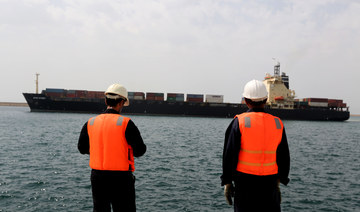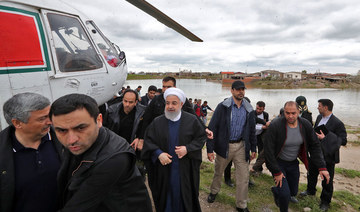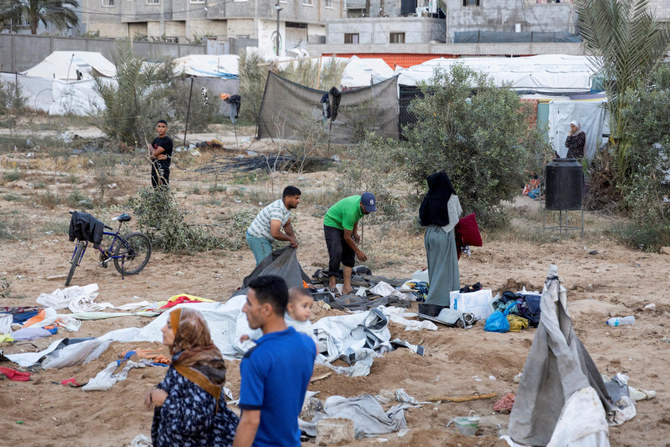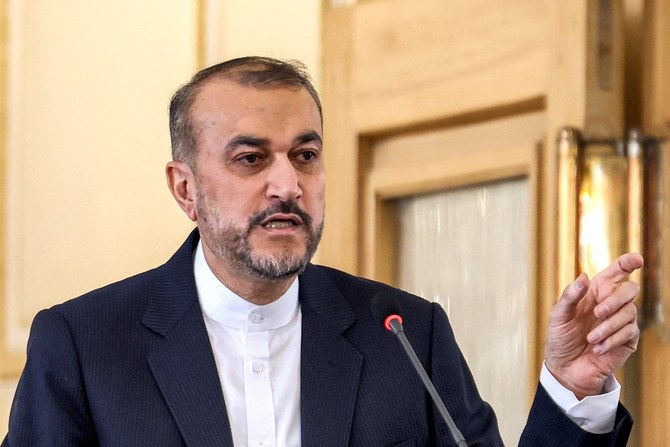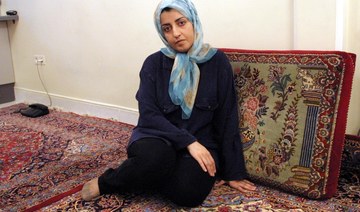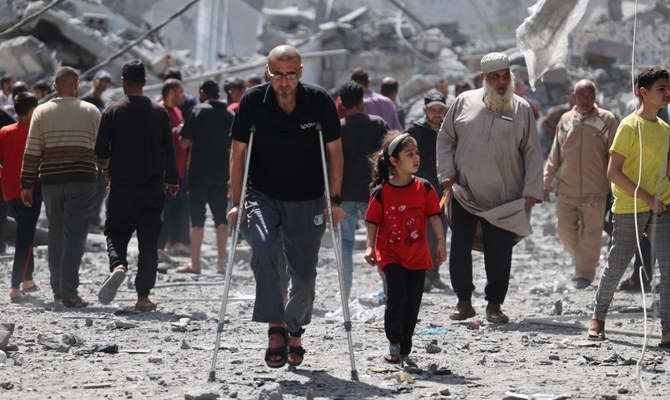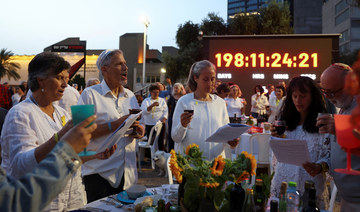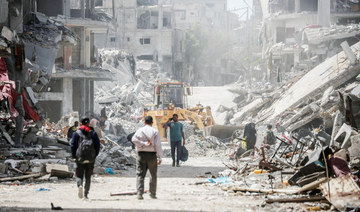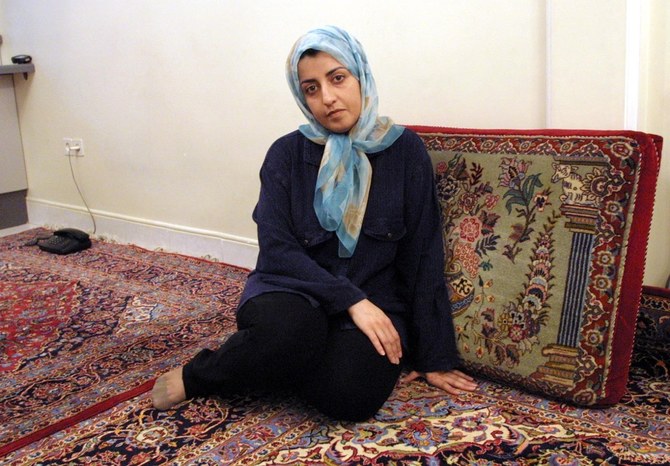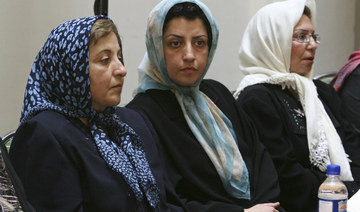TEHRAN: The US Secretary of State Mike Pompeo blames Iranian "mismanagement" for hampering rescue efforts in flood-stricken areas.
Mike Pompeo hit back at claims earlier from Tehran that US sanctions re-imposed by the Trump administration last year have been the major obstacle to successful rescue efforts.
Iran has been facing major flooding for the past two weeks and on Monday, the death toll in the disaster rose to 45. The floods have struck hundreds of villages as well as towns and cities in the western half of the country, where in some places an emergency situation has been declared.
"These floods once again show the level of Iranian regime mismanagement in urban planning and in emergency preparedness," Pompeo said. "The regime blames outside entities when, in fact, it is their mismanagement that has led to this disaster. They even jail environmentalists for attempting to help Iran prepare for these very issues.
"The United States stands ready to assist and contribute to the International Federation of Red Cross and Red Crescent Societies, which would then direct the money through the Iranian Red Crescent for relief."
Earlier, Iran’s foreign minister Mohammad Javad Zarif tweeted that America’s “maximum pressure” policy on Iran “is impeding aid efforts by Iranian Red Crescent to all communities devastated by unprecedented floods.”
He said the sanctions have prevented Tehran from getting badly needed equipment, including relief helicopters. “This isn’t just economic warfare; it’s economic terrorism.”
.@realDonaldTrump ‘s "maximum pressure"—flouting UNSC Res 2231 & ICJ ruling—is impeding aid efforts by #IranianRedCrescent to all communities devastated by unprecedented floods. Blocked equipment includes relief choppers: This isn't just economic warfare; it's economic TERRORISM. pic.twitter.com/EEKTMiXLEi
— Javad Zarif (@JZarif) April 1, 2019
Local authorities in the stricken areas have repeatedly asked for more helicopters to reach remote and cutoff locations, AP reported. Iranian state media said on Tuesday that dozens of military and Iranian Red Crescent helicopters are taking part in the relief operation.
Britain and Germany have offered to send help, including boats and safety equipment.
Iranian media reports said the floods have cut off some 80 intercity roads, as well as roads to nearly 2,200 villages, and that electricity and communications with many places, including in western Ilam and Lorestan provinces, have been cut.
Authorities have issued evacuation warnings and state TV has broadcast footage showing inundated towns and villages in western and southwestern Iran. State media said officials have warned about the possibility of dams breaking and have ordered emergency water discharges from reservoirs to prevent a catastrophe.
Triggered by heavy rainfall, several rivers have burst from their banks. Emergency services are advising people to postpone unnecessary intra-city commutes as well as trips to western and southern Iran, including the oil-rich Khuzestan province which is expecting heavy flooding in the coming days as overflowing rivers from provinces upstream reach Khuzestan.
The floods have hit Iran particularly hard, coming against the backdrop of a spiraling economic crisis. President Donald Trump’s decision last year to withdraw from the Iranian nuclear deal with world powers and restore crippling economic sanctions have caused the Iranian currency, the rial, to plummet in recent months, sending prices skyrocketing and wiping out many people’s life savings.
The floods first began in the second half of March in the northern provinces of Golestan and Mazandaran and later spread. Iran has seen a decades-long drought but the latest flooding has also been blamed on widespread disregard of safety measures and construction of buildings and roads near the rivers.
Last year, at least 30 people were killed by flash floods in East Azerbaijan province.
*With AP




